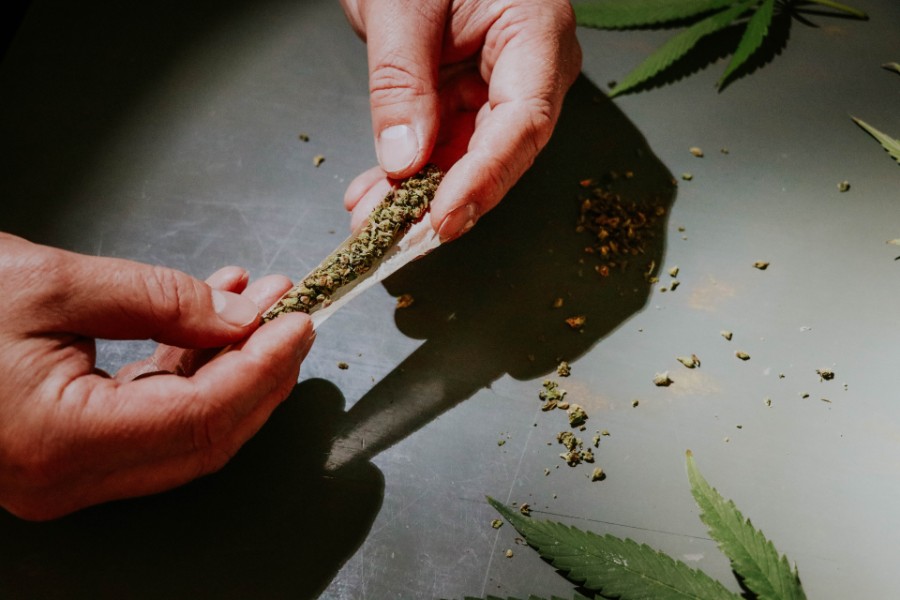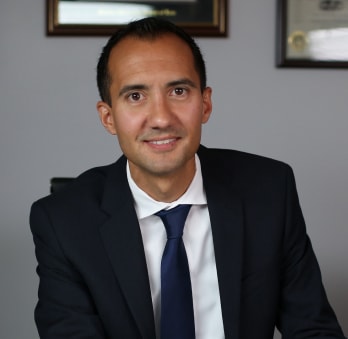
The Minnesota drug scheduling system includes only five schedules—there is no Schedule 6. The federal government, however, recently added Schedule 6 to its list of schedules.
At present, the only listed federal Schedule VI drugs are marijuana and THC (the active ingredient in marijuana). Although penalties for possession and distribution of Schedule VI drugs can be stiff, one very significant loophole exists, as described below.
What Exactly Is a Drug Schedule?
Both the federal government and the Minnesota government classify illegal drugs according to drug schedules—lists of illegal drugs classified by number.
Heroin, for example, is listed as a Schedule I drug under both the federal system and the Minnesota system. The higher the number of the schedule, the less harmful the listed drug is thought to be, and the more lenient the penalties are.
Federal Penalties for Possession and Distribution of Marijuana
The federal penalties for violation of marijuana laws vary, depending on whether you are charged with possession or distribution under Schedule 6.
Possession of Marijuana
The federal penalties for marijuana possession are:
- First offense: Up to a year in jail and a fine of $1,000.
- Second offense: 15 days to two years in prison and a fine of up to $2,500.
- Subsequent offenses: 90 days to three years in prison and a fine of up to $5,000.
These penalties also apply to the possession of marijuana derivatives such as THC, although the actionable amounts differ.
Distribution or Intent to Distribute
Federal penalties for the distribution of marijuana are:
- Distribution of a “small amount” free of charge: Treated as mere possession.
- Less than 50 plants or 50 kg: Up to five years in prison and a fine of up to $250,000.
- 50-99 plants: Up to 20 years in prison and a fine of up to $5 million.
- 100-999 plants or 100-999 kg: Five to 40 years in prison and a fine of up to $5 million.
- More than 999 plants or more than 999 kg: 10 years to life in prison and a fine of up to $10 million.
Federal law does not precisely define how much marijuana constitutes a “small amount.”
A Giant Loophole: The Federal Enforcement Paradox
Even though marijuana use remains illegal at the federal level, many states have legalized it for medical and even recreational use. Although federal law prevails over contrary state law, in practice the federal government has left the enforcement of marijuana offenses largely to states and state law, except under narrow circumstances (bringing marijuana onto a commercial jetliner, for example).
But keep in mind, this is just a matter of policy—it’s still possible for people to be prosecuted under federal law even if they comply with state laws. However, it’s unlikely you’ll be the target of a federal prosecution unless you’re involved in broader criminal activity.
Minnesota Marijuana Penalties
Possession of an (unspecified) small amount of marijuana, or distribution of a small amount free of charge, is a petty misdemeanor. The only penalty is mandatory participation in a drug education program. Subsequent offenses result in a mandatory chemical dependency evaluation and treatment.
Time Is of the Essence
If you have been arrested on a controlled substance charge, get in touch with Arechigo & Stokka immediately. We understand the St. Paul criminal justice system from the inside out, and we enjoy working relationships with all the major players.
We offer aggressive, committed and intelligent representation. Contact us online or call us at 651-222-6603 for a free initial consultation on your case.
Image credit: Elsa Olofsson



